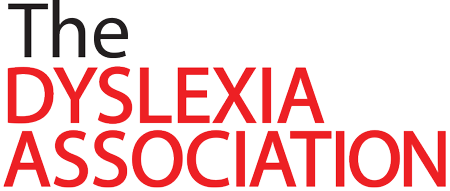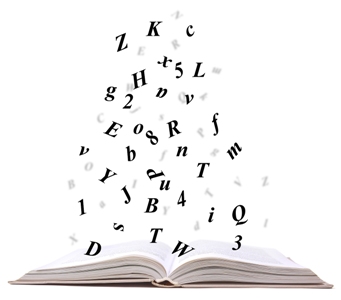The Dyslexia Association Announces an Online Peer Support Group for Adults with Dyslexia
For further information including dates, session outlines and terms and conditions, please send us a message using our enquiry form.
support and solution
The Dyslexia Association is the first Australian Association to recognise a non-phonics (or non linguistic) solution.
Dyslexia Screening Test (DST) Ages 7 -12
Dyslexia screening is a profiling aid, which indicates if dyslexia could be present, or is a risk factor.
This is not offered by The Dyslexia Association
Educational Assessment/Diagnostic Assessment Ages 7 to Adult
This assessment is conducted by Health professionals who tend to be a Registered Psychologist usually with a background in education.
The Dyslexia Association refers to our consults with our Psychologist who is backed by a team of Health Care professionals.
An assessment through our consulting Psychologist will incur a fee and includes a report with recommendations for home and school.
Service available Australia wide.
The difference between the two:
- A DST or pre-assessment is an at risk assessment, not a diagnosis and does not assess for other co-existing learning .
- A full diagnostic assessment through The Dyslexia Association’s consulting Psychologist will look for other co-existing learning disorders and, if criteria are met, is a diagnosis rather than a risk assessment.
At risk assessment for:
- Dyslexia
- The Educational Assessment, is referred to our consulting Psychologist. This full diagnostic assessment will look for other co-exiting learning disorders and, if criteria is met, leads to a diagnosis rather than a risk assessment.
Full diagnostic assessment includes assessing for:
- Reading Disorder (Dyslexia)
- Written Expression Disorder (spelling, punctuation/grammar and copying speed)
- Math Disorder
Note: Screening, Pre-Screening or Pre-testing or profiling are tools used as a first step and should not be considered as an answer or formal assessment of a students’ learning difficulties. Normally, these assessments look only at reading and not the other Learning Disabilities or disorders.
Resources
Solution Focused
The Dyslexia Association supports a Multi-Sensory Dyslexia program that allows the individual to develop their strengths without exploiting their weakness. This sort of program will include but not be limited to:
- Experiential, visual and kinesthetic approach (multi-sensory) to reading
- Non-phonics (non-linguistic/language) based approach to reading that develops visual and auditory encoding skills
- A positive approach which provides gentle guidance to encourage positive attitudes to learning and life situations
- A respectful approach to rebuild self esteem by valuing the visual learning style of the individual and understanding the experiences of the individual
- A program that can address the conditions that can co-exist such as dyspraxia, dysgraphia, dyscalculia, ADD/ADHD
- Professional Membership with The Dyslexia Association and a licensing facility
All professional members accepted and recommended by The Dyslexia Association meet the above criteria. Click here for contact details
Recommendations can be made by The Dyslexia Association to a professional however it is up to the individual to make an informed decision as to the help they ultimately commit to.

